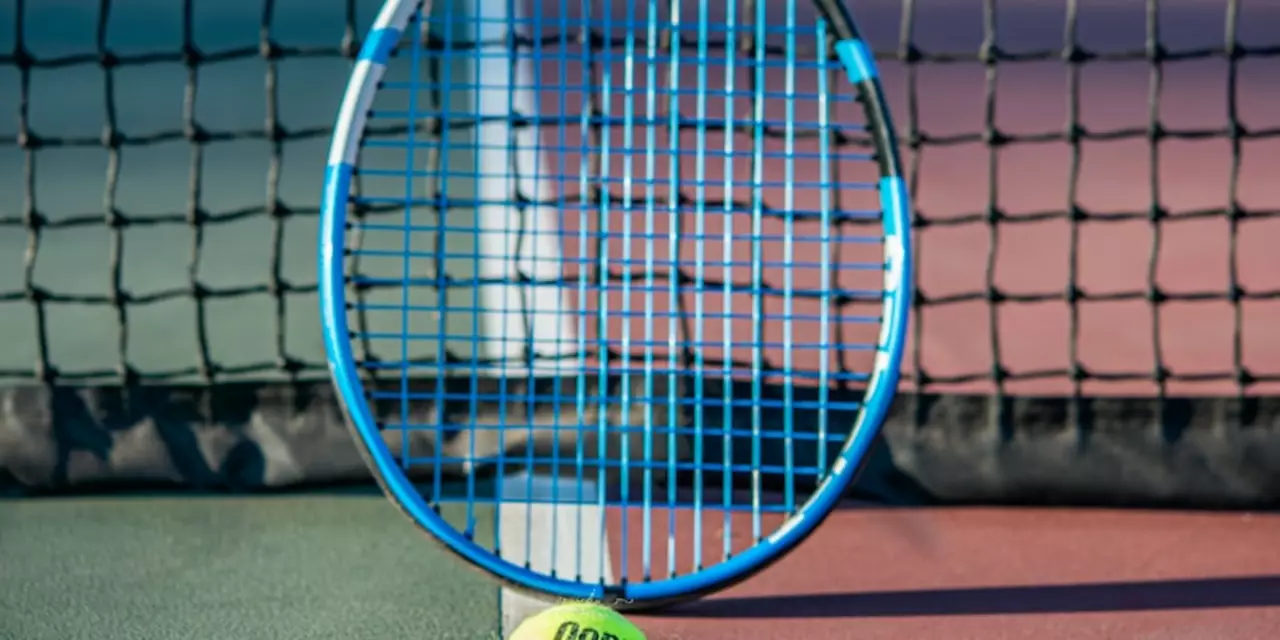Longevity in Table Tennis – Keep Playing Strong
If you love the sound of a fast rally and the feel of a perfect spin, you probably want to keep playing for as long as possible. The good news is that staying healthy and improving your game don’t have to be complicated. Small changes in your routine can add years to your table tennis life.
Training habits that add years to your game
First, focus on consistency, not intensity. A short practice three times a week beats a marathon session once a month. Aim for 30‑45 minutes each time and include a warm‑up, skill drills, and a cool‑down. Warm‑ups get your muscles ready and cut down on strains. Simple arm circles, wrist rolls and light footwork are enough.
Second, mix up your drills. Repeating the same shot over and over can make you stiff and bored. Alternate forehand drives, backhand blocks, and footwork patterns. Variety keeps your body adaptable and your mind engaged. It also trains different muscle groups, which balances stress on joints.
Third, add basic strength work. You don’t need heavy weights. A few push‑ups, planks and resistance‑band rows three times a week improve core stability and shoulder strength. Strong core means better balance during fast rallies, and stronger shoulders reduce the risk of rotator‑cuff issues.
Injury‑free tips for a longer career
Injuries are the main reason players quit early. The easiest way to avoid them is to listen to your body. If a wrist feels sore, stop the drill and stretch. Ice the spot for 10‑15 minutes and keep the area moving gently. Ignoring pain only makes problems worse.
Footwear matters a lot. Choose shoes with good grip and cushioning. Bad shoes push extra force into your knees and ankles. Replace them every six months or when the soles wear thin.
Stay hydrated and eat balanced meals. Water helps muscles work smoothly, and a mix of carbs, protein and healthy fats fuels longer sessions. Skipping meals or drinking only sugary sports drinks can lead to fatigue and slower recovery.
Finally, get enough sleep. Six to eight hours each night lets your body repair tiny tears from training. A rested mind also makes better decisions on the table, which means fewer unforced errors that could cause strain.
Putting these habits together doesn’t require a big time commitment. A week might look like this: Monday – 30‑minute skill session with warm‑up and cool‑down, Wednesday – strength routine plus light footwork drills, Friday – 45‑minute game play with varied strokes, Saturday – a relaxed match with friends to keep the fun alive. Adjust the schedule to fit your life, but keep the core ideas consistent.
When you treat table tennis as a lifelong activity rather than a quick competition, you’ll notice your game staying sharp years later. The Club’s coaches are happy to help you set personal goals, check your technique and suggest the right equipment. Staying active, staying safe, and enjoying every rally is the secret to longevity in table tennis.

Why don't tennis balls last long?
Tennis balls are designed to provide a certain level of performance, but their lifespan is limited due to a number of factors. The most significant is the abrasive nature of the court surface, which wears down the felt covering of the ball. Heat and humidity also have an impact, as well as the force of the shots and the speed at which the ball is travelling. Generally, a ball will last for between two and four hours of play before it needs to be replaced. To ensure the best performance, balls should be stored in a cool and dry environment and used regularly.
View More